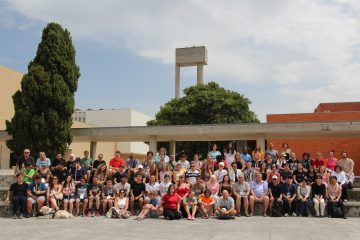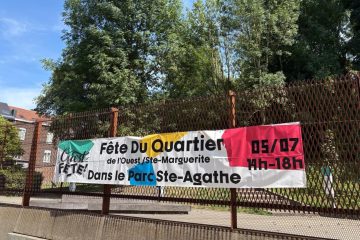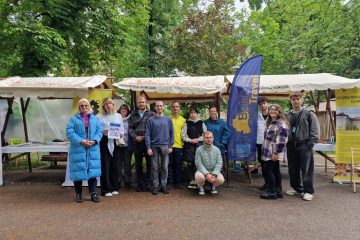In April 2025, the D.R.E.A.M – Develop gendeR-basEd Approaches in Mobility projects took place in Lyon, France, bringing together youth workers, trainers, mentors, coordinators and youth leaders from Europe and beyond.
Focused on adopting gender-based approaches within Erasmus+ and European Solidarity Corps (ESC) projects, the training served as a platform for promoting inclusion, strengthening diversity, and creating safer spaces for all participants involved in youth mobility activities.
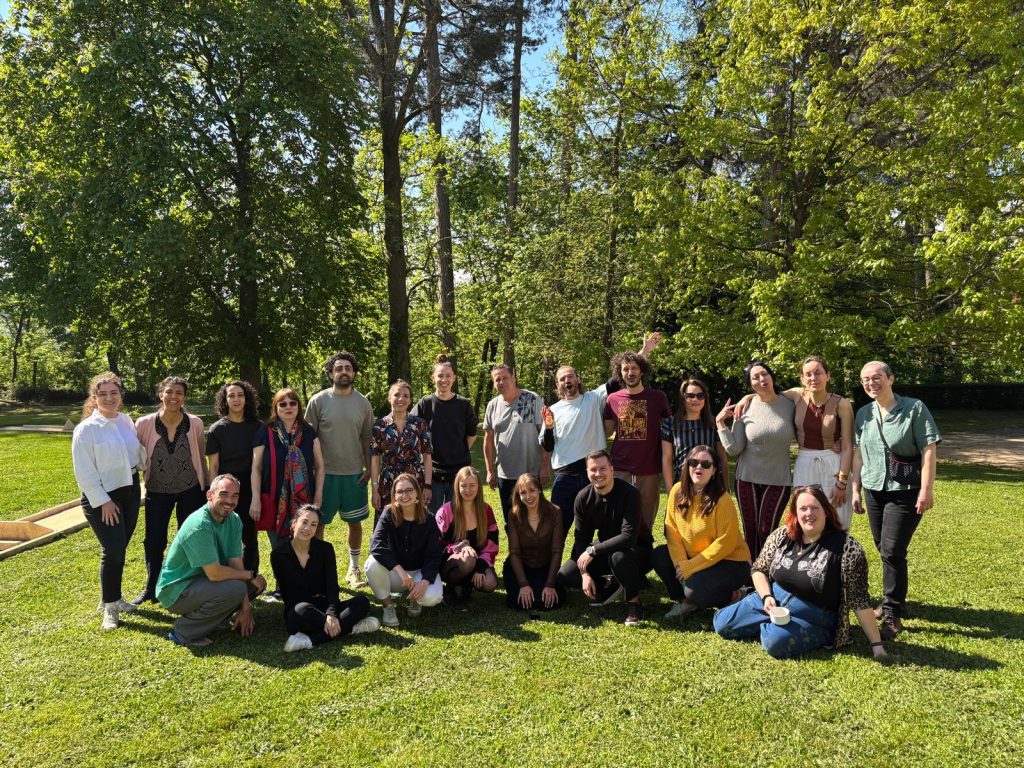
At a time when youth work is asked to meet increasingly complex social realities, this training responded to a growing need for more sensitive, intersectional approaches.
The gender-based framework adopted during the course recognised that experiences of inequity are not uniform. Gender interacts dynamically with other factors such as disability, socio-economic status, religion, and sexual orientation and identity.
This understanding highlighted the ways multiple layers can overlap, exposing individuals to compounded forms of discrimination or marginalisation. By integrating intersectionality into youth mobility projects, participants worked towards building environments that did not merely promote diversity but actively celebrated it.
Throughout the week, the training moved beyond theoretical discussion and invited attendees to examine how gender inequalities materialise in real-world settings. Gender-based approaches were not treated as abstract concepts but as essential perspectives informing daily practices, project planning, communication, and conflict resolution. Recognising that discrimination and hate speech often stem from unexamined biases and systemic inequities, the course placed a strong emphasis on critical self-reflection. Participants were encouraged to explore their own assumptions and to consider how personal beliefs and cultural norms could unconsciously influence their professional roles.
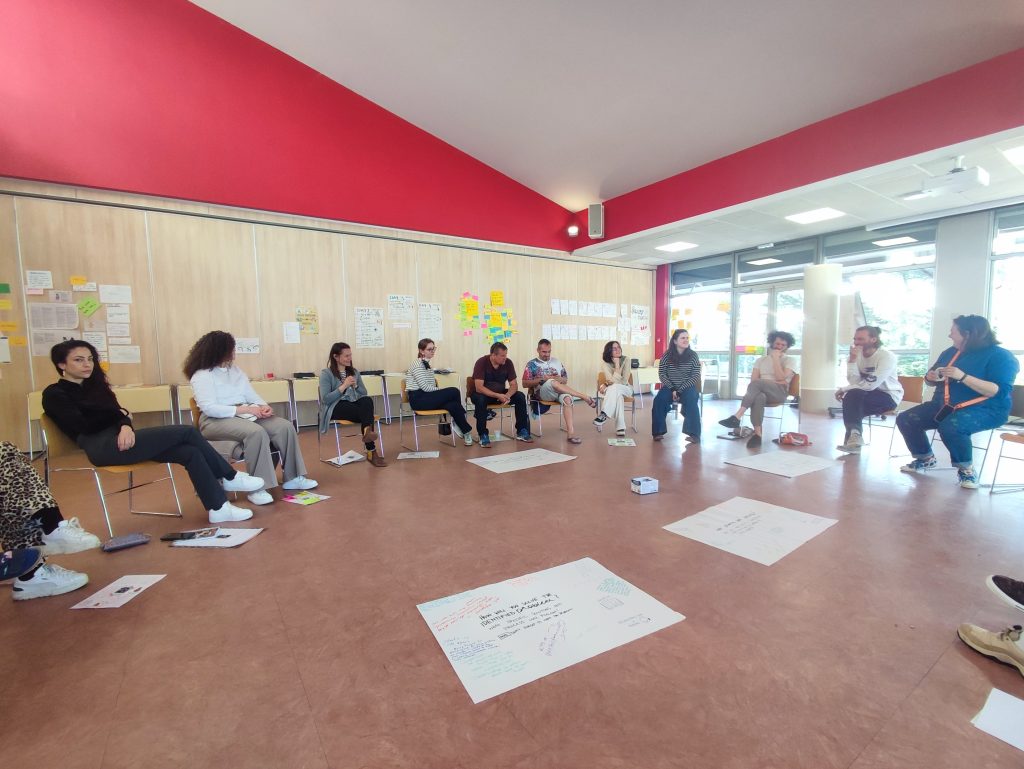
One of the defining features of the event was its commitment to the principles of non-formal education. Rejecting rigid, top-down teaching methods, the course fostered an atmosphere of self-directed learning where participants’ experiences were valued as resources for collective growth.
Through interactive workshops and peer-to-peer exchanges, attendees engaged in a living learning process, reflecting both the diversity of their backgrounds and the inclusive values the training sought to encourage. This approach ensured that learning was not only informative but transformative, equipping youth workers to foster similar spaces of openness and empowerment within their own organisations.
Crucially, the training course created and upheld a safer space where everyone could express themselves. Special attention was paid to safeguarding LGBTQIA+ communities, too often expose to heightened risks of exclusion, hate speech, and violence. Workshops addressed how to recognise, prevent, and respond to gender-based violence, providing participants with tools and resources.
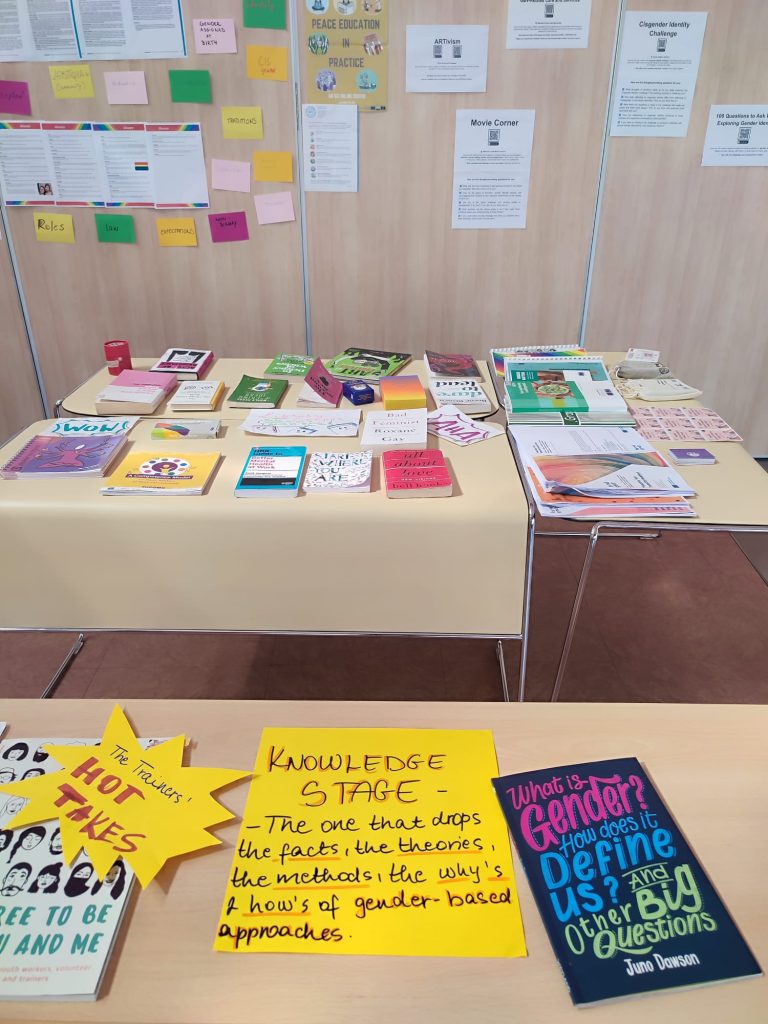
Attendees delved deeper into understanding how gender and other intersecting identities could influence young people’s experiences within mobility projects. They learnt to identify and mitigate risks, create gender-sensitive communication practices – even when navigating linguistic and cultural differences – and design educational activities that fostered inclusivity. The group discussions highlighted that a genuinely inclusive space was not merely one that welcomed different identities but one that transformed itself in response to their needs and voices.
Beyond the learning objectives, what remained with many participants was the experience of international solidarity: a diverse group of youth professionals coming together, sharing vulnerabilities, challenging each other, and collectively imagining more inclusive futures.
Participants left Lyon not only with new skills and tools but also with a renewed sense of purpose, ready to lead the next generation of mobility projects with a stronger, intersectional, and gender-sensitive approach.
